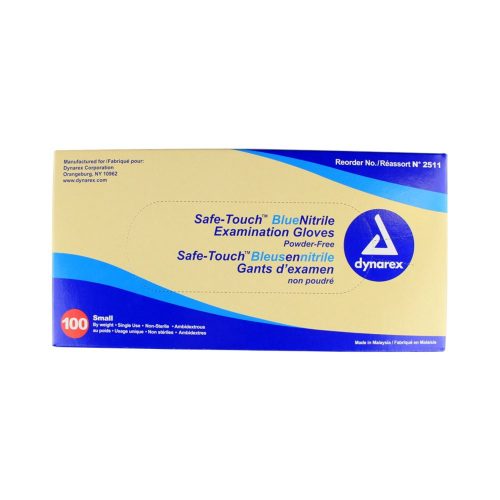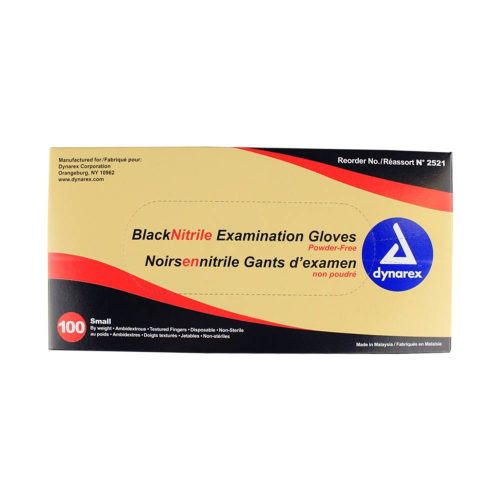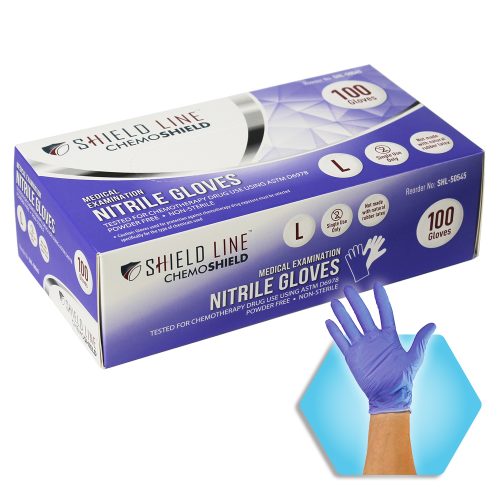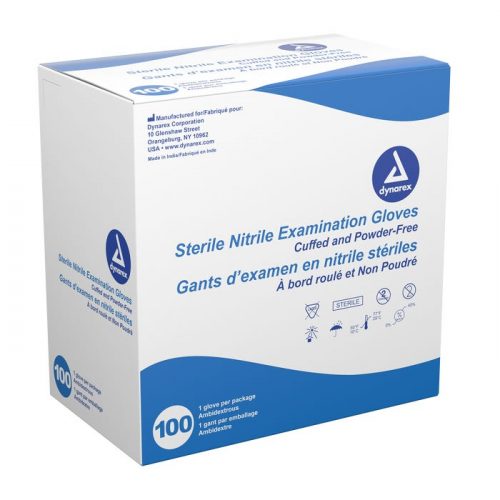FREE Shipping on Orders over $89 with Account – Create One Today!
- (844)-859-9400
- Get Help
Showing all 4 results




Disposable gloves perform multiple roles in healthcare settings. The material creates a border against exposure to bacteria and other microorganisms, reducing infection risks related to patient contact, improving worker hygiene and lessening cross-contamination.
For years, vinyl and latex were the default materials for medical exam gloves. Since the 1990s, however, nitrile has turned into a reliable option that is less likely to tear, offers waterproof construction and clearly shows damage.
About Nitrile Exam Gloves
Medical equipment manufacturers started exploring latex alternatives roughly 30 years ago. Nitrile offered a solution, as it’s able to protect a wearer’s hands against corrosive and otherwise hazardous chemicals.
Nitrile gloves are made of acrylonitrile-butadiene rubber, a chemical- and moisture-resistant synthetic copolymer. Along with corrosive substances, nitrile resists breaking down when coming in contact with acids and mineral oil and offers a high degree of puncture resistance.
For medical professionals, nitrile gloves further reduce potential latex-related reactions, which can range from irritation to anaphylaxis.
Specifically for medical use, nitrile exam gloves ensure a more natural degree of dexterity without compromising performance. This includes any actions involving twisting or gripping.
Benefits of Disposable Nitrile Medical Gloves
For healthcare and at-home settings, nitrile gloves:
• Are free of latex, eliminating potential allergic reactions.
• Offer more resistance compared to vinyl and latex, which is key for reducing sharps injuries in medical environments.
• Are increasingly cost effective, which makes them an ideal alternative to latex exam gloves.
• Offer waterproof, oil- and grease-proof, and chemical-resistant construction for a reliable layer of hand protection.
• Clearly show damage. While nitrile itself is less likely to tear, you can spot punctures and other damage more visibly compared to vinyl and latex exam gloves.